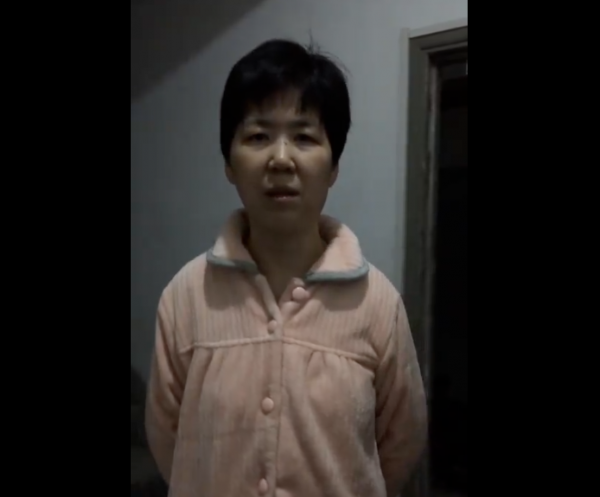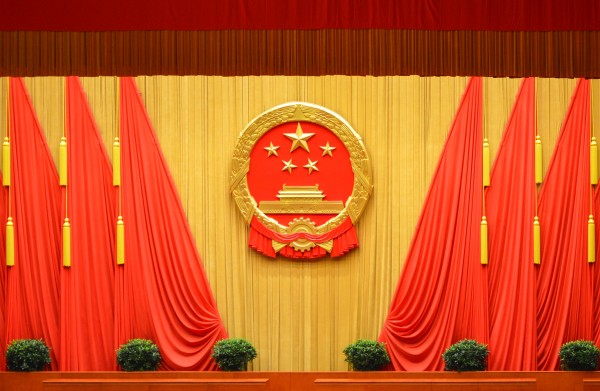The International Press Institute (IPI), a global network of editors, media executives and leading journalists for press freedom, today vehemently condemned the sentencing of Zhang Zhan, a citizen journalist who reported from Wuhan about COVID-19.
A court in Shanghai today convicted Zhang for ‘picking quarrels and provoking trouble’, a charge often levelled by the Chinese government against activists, and sentenced her to four years in prison. She was detained on May 15 at Pudong New District Detention Centre in Shanghai and formally charged in November.
The indictment alleged that Zhang had sent “false information through text, video and other media through [platforms like] WeChat, Twitter and YouTube”. The authorities also accused the journalist of “maliciously spreading information” about the COVID-19 infections in Wuhan by giving interviews to foreign media.
Police prevented some foreign diplomats, and Zhang’s friends and supporters from entering the courtroom today. Only her lawyers and mother could attend the hearing.
“The sentence against Zhang Zhan for sharing information of public interest about the pandemic is unacceptable and a serious violation not only of her rights, but also of people’s right to receive information from different sources about an issue that is greatly affecting their lives,” IPI Executive Director Barbara Trionfi said.
“As the world is struggling to assess the origins, dissemination patterns and consequences of the COVID-19 virus, China is shirking its responsibilities and obligations by punishing those journalists who have contributed to disseminating valuable information.”
According to the Chinese Human Rights Defenders, Zhang had travelled to Wuhan in February and extensively reported on the outbreak of COVID-19 as well as about the detention of other journalists and harassment of families of victims. Her reports appeared on twitter, WeChat and YouTube accounts.
Soon after the outbreak of COVID-19 pandemic, China had cracked down on journalists reporting about spread of the virus in Wuhan. Besides Zhang, two other citizen journalists Chen Qiushi and Fang Bin were also detained by authorities after they reported from Wuhan.
Chen, a human rights lawyer, travelled to Wuhan in January and reported from hospitals, funeral parlors and makeshift isolation wards in videos he posted online. He was last heard from on Thursday, February 6. According to media reports, he is now living with his parents in South East China, closely watched by the authorities.
Another citizen journalist, Fang Bin, a 47-year-old Wuhan businessman, was arrested on February 1, after posting a video showing eight corpses piled in a minibus outside a hospital in Wuhan, and was released.
However, on February 9 Bin was arrested again and his YouTube channel went silent after he had posted a short video with words “all people revolt – hand the power of the government back to the people”. Since then, his whereabouts are not known.
According to IPI data, around the world as many as 197 journalists have been arrested or charged for reporting about COVID-19. The Chinese government, however, has not revealed the exact number of journalists arrested in connection with their reporting about the pandemic.
In March, China expelled journalists with The New York Times, The Washington Post and The Wall Street Journal, effectively curbing the coverage of the pandemic by the foreign media in the country.



